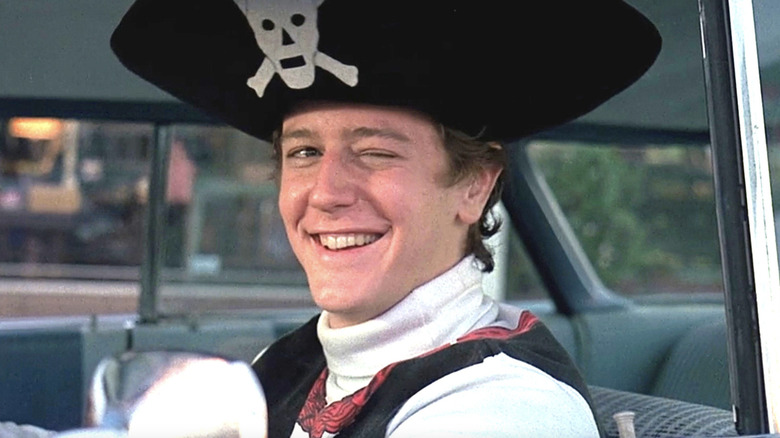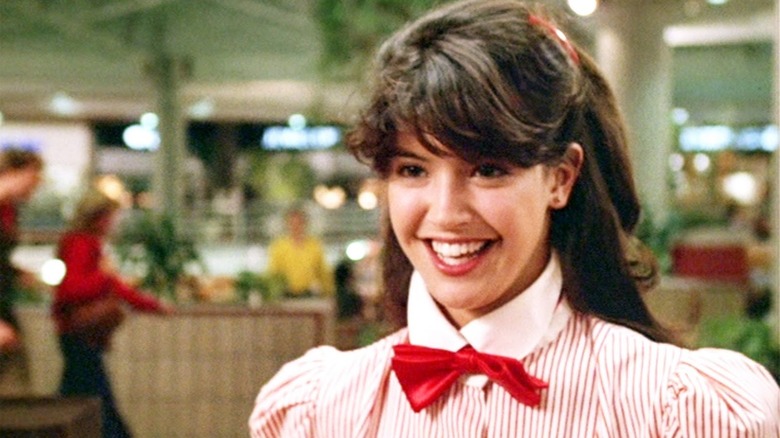Fast Times At Ridgemont High Signaled A Shake-Up In Studio Filmmaking
If there was a Mount Rushmore of teen movie figureheads, it should include the Waters Brothers ("Heathers," "Mean Girls," "Freaky Friday"), the writing duo of Karen McCullah Lutz and Kirsten Smith ("Legally Blonde," "10 Things I Hate About You," "She's the Man"), John Hughes (self explanatory), and Amy Heckerling ("Clueless," "Loser," "Fast Times at Ridgemont High").
Coming-of-age films are nothing new, but the "teen film" as we know it today is a relatively recent phenomenon, with 1982's "Fast Times at Ridgemont High" serving as the turning point for teen cinema. Before "Fast Times," films centered on teen stories weren't presented with authenticity to the characters' lives without mockery or dismissiveness. It's an ironic twist, considering studios will now go to extreme lengths to nab the coveted PG-13 rating to secure the highly sought-after teen dollar.
Turner Classic Movies host Ben Mankiewicz noted that teen flicks "certainly hadn't been taken very seriously," during the 35th anniversary Fathom events screening in 2017. "The establishment in Hollywood — and I don't mean that as derisively as it comes to sound — has always looked askance at young people, their ideas, what's important to them," he said. As someone who hosts an entire podcast centered on this very idea, I co-sign this sentiment with such vigor, my wrist might snap. "So a movie about young people at a major studio seems silly," Mankiewicz continued. "I suspect to some people, it was a sign of a changing time that they weren't comfortable with." He's right — they weren't comfortable, and "Fast Times" completely changed the game.
Treating teen stories with legitimacy
Directed by Amy Heckerling, "Fast Times at Ridgemont High" marked the feature screenwriting debut of Cameron Crowe ("Almost Famous," "Say Anything...," "Jerry Maguire"), and the movie was based on a book he had written about his own youth. "The hierarchy of the studio never took the movie seriously," Crowe told Variety. "In fact, they kind of turned a blind eye to it, we barely could get on the lot." Crowe recalled a moment when they were trying to get on the studio lot to shoot, and a front gate worker named "Scotty" was the only person who actually remembered that the film was even happening.
"The other guys were like 'What are you doing trying to get on the lot?' We're like 'We're making this movie called "Fast Times at Ridgemont High.” And they said 'No, the studio's not making a movie called "Fast Times at Ridgemont High.” We really kind of snuck through."
Upon release, critics were divided on how they felt about the film, which is understandable when there really hadn't ever been anything like it at the time. As the years have gone on, "Fast Times at Ridgemont High" has been classified as a seminal moment in the teen movie canon, even garnering a Criterion release in 2021. "Fast Times" proved there was value in honest storytelling about teenagers, warts and all, and the world of cinema is better because of it.

